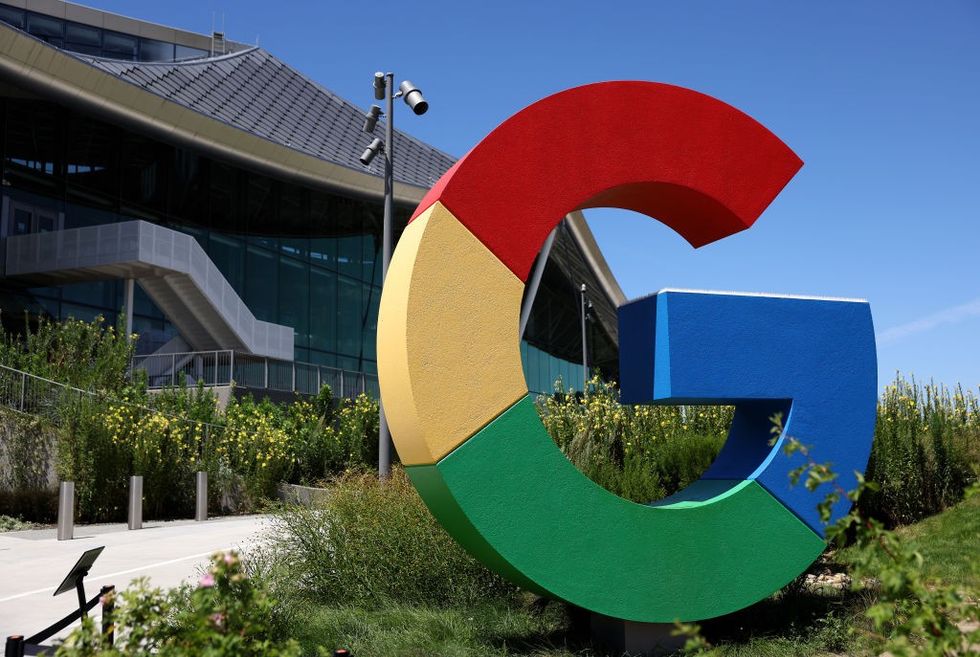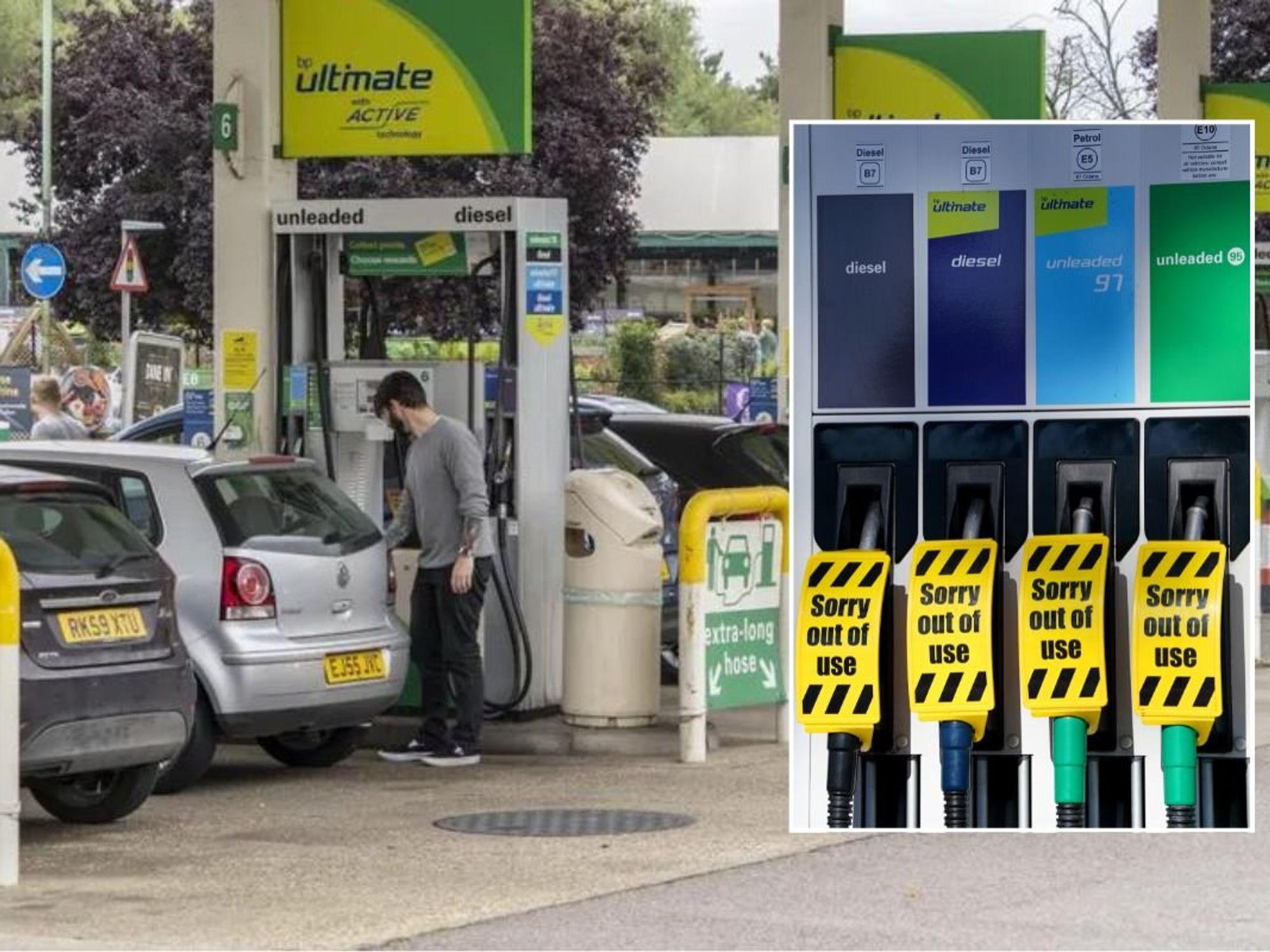Google Maps rival will drop support for millions of older Android devices, will YOU be forced to upgrade?

With its incoming update, Waze will remove support for Android 9 and older, cutting off millions of smartphones and tablets from the latest features and stability fixes
|WAZE PRESS OFFICE | GB NEWS

Don't expect to receive any bug fixes or exciting new features on your Android phone
Don't Miss
Most Read
Latest
If you have an older Android phone in your pocket, you could be poised to lose access to Waze.
Yes, this popular Google Maps alternative will no longer support Android 9 or earlier – a shake-up that could impact millions of people who rely on the app for the daily commute or planning long journeys. The next major update to Waze will require Android 10 or newer, instead of the Android 8 or higher required by the last update.
According to Google data, the change will impact roughly 12.4% of all Android users worldwide. Given there are roughly 3 billion Android devices currently active, that small percentage amounts to millions of people.

Although it's owned and operated by Google, Waze has several features that you won't find on Google Maps, including pre-emptive warnings when entering areas with a history of road traffic collisions
|GOOGLE PRESS OFFICE
Waze is often favoured by motorists for its speedy real-time traffic updates, which are sourced from other Waze users. The navigation app will also flag areas with a history of road collisions — so you can keep your wits about you, and flag obstructions in the road highlighted by nearby Waze users.
It also has unique features, like petrol price comparison, making it a popular alternative to Google Maps.
If your Android phone can't update to Android 10 or newer, there is some good news.
First up, the new version of Waze that cuts off support isn't out yet. Beta testers are trialling the new version of the Android app and have reported that a pop-up warns about the decision to drop older versions of the Google-developed operating system.
Provided Google doesn't U-turn on its decision, Waze will no longer issue new features or updates to older versions of Android. While that's far from ideal, it's not (immediately) terminal.
Your Waze app will maintain its current functionality, so you'll continue to be able to navigate and receive traffic updates. But the lack of future bug fixes means you can expect the app to lose its stability over time.
Eventually, Waze will stop working altogether, but it’s hard to say how long that will take. The shake-up is particularly problematic for those who rely on Waze in the infotainment system built into their car.
Many of these systems rely on older versions of Android that manufacturers rarely update.
Given the average lifespan of a vehicle is much longer than that of a smartphone, it raises questions about the viability of using software to power such a core feature in a car.
Google hasn't revealed exactly when it will roll out the changes to Waze. However, since beta features typically transition into stable software releases after a fortnight, it won't be long until we see the new minimum requirement roll out.
Thankfully, there are some alternatives for Android users.
Google Maps continues to support devices running Android 8 and later versions. The turn-by-turn navigation tool shares traffic data with Waze, though it lacks the community-driven features that distinguish its sibling application.

Google acquired navigation app Waze back in 2013 for a whopping $1.3billion. Despite being part of the Californian giant, the Waze development team continued to operate as a separate entity in Israel after the acquisition was completed
| GETTY IMAGESDevelopers periodically cut off older versions of operating systems to concentrate resources on the most widely used software releases. It also lets them introduce new features that rely on contemporary Android APIs and security protocols.
LATEST DEVELOPMENTS
- Best VPN deals
- Plusnet increases broadband prices
- Hundreds of dodgy streaming sites BLOCKED in UK
- Best mattress toppers
If your phone is still powered by Android 9 or older, it might be time to start thinking about upgrading to a new handset, since more apps are likely to also stop supporting these devices in the coming months and years.










